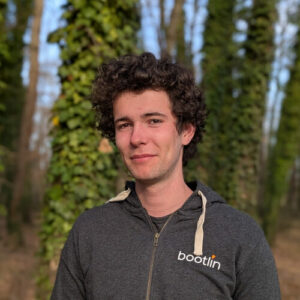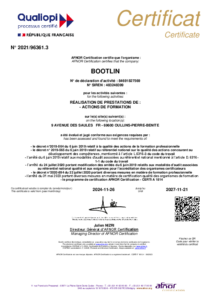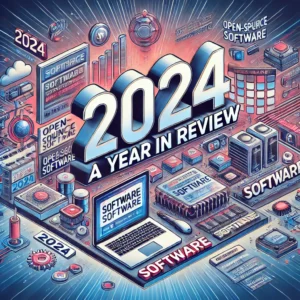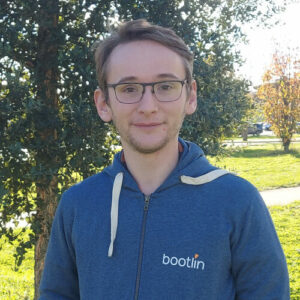 The highly popular and super interesting FOSDEM conference will as usual take place the first week-end of February in Brussels. Many Bootlin engineers have been attending the event over the years, and we highly recommend anyone in the open-source ecosystem to attend at least once to get a sense of what FOSDEM looks like, and benefit from the hundreds of talks that are given.
The highly popular and super interesting FOSDEM conference will as usual take place the first week-end of February in Brussels. Many Bootlin engineers have been attending the event over the years, and we highly recommend anyone in the open-source ecosystem to attend at least once to get a sense of what FOSDEM looks like, and benefit from the hundreds of talks that are given.
This year, no less than 10 Bootlin engineers will be attending FOSDEM: Thomas Perrot, Louis Chauvet, Luca Ceresoli, Hervé Codina, Alexis Lothore, Théo Lebrun, Mathieu Dubois-Briand, Antonin Godard, Thomas Bonnefille and Thomas Petazzoni.
In addition, Mathieu Dubois-Briand and Antonin Godard will both be attending the OpenEmbedded Workshop 2025, which takes place on Monday right after FOSDEM, and Mathieu will be giving a talk Yocto Build Failure Swat Team – Workflow and Updates:
All Yocto branches under active maintenance, in addition to any patches proposed on the mailing lists, are built on the Yocto autobuilder. The Yocto SWAT team is responsible for monitoring build failures, doing a first investigation of their causes, logging the issues, and notifying the relevant
owners.
In this session, Mathieu will outline tasks and processes of the SWAT team, along with the tooling and recent improvements.
And finally, Thomas Petazzoni and Thomas Bonnefille will be attending the Buildroot Developer Days, organized right after FOSDEM.
Do not hesitate to get in touch with us during FOSDEM or the co-located events!
 Linux 6.14 was released last week, and as usual, we recommend checking out the LWN articles covering the 6.14 merge window (part 1, part 2) to get a good sense of the main new features and updates in this release.
Linux 6.14 was released last week, and as usual, we recommend checking out the LWN articles covering the 6.14 merge window (part 1, part 2) to get a good sense of the main new features and updates in this release.





 First of all, the entire Bootlin team wishes everyone a Happy New Year and best wishes for 2025!
First of all, the entire Bootlin team wishes everyone a Happy New Year and best wishes for 2025! We’re happy to announce that Thomas Bonnefille has just joined the Bootlin engineering team!
We’re happy to announce that Thomas Bonnefille has just joined the Bootlin engineering team!